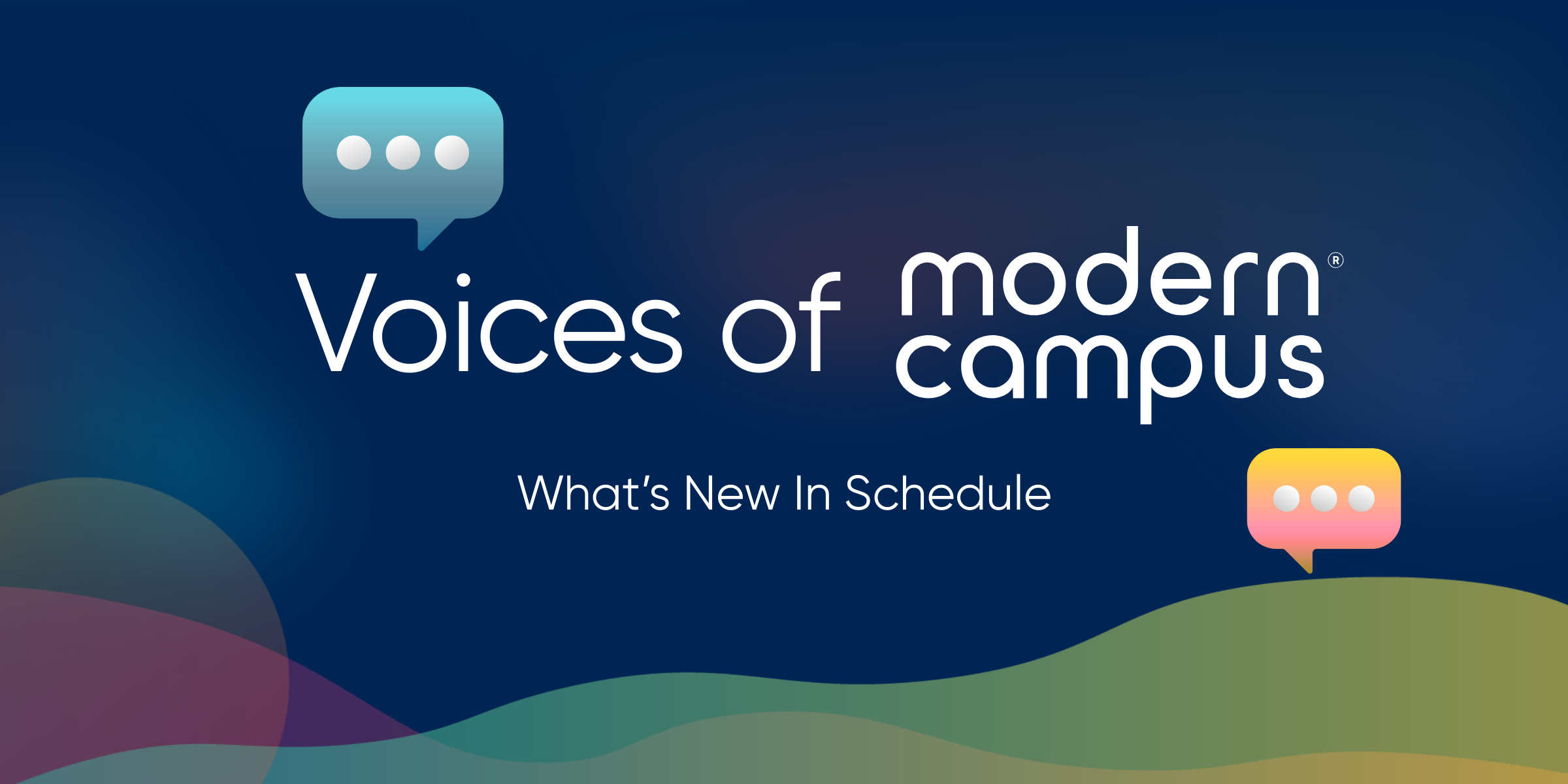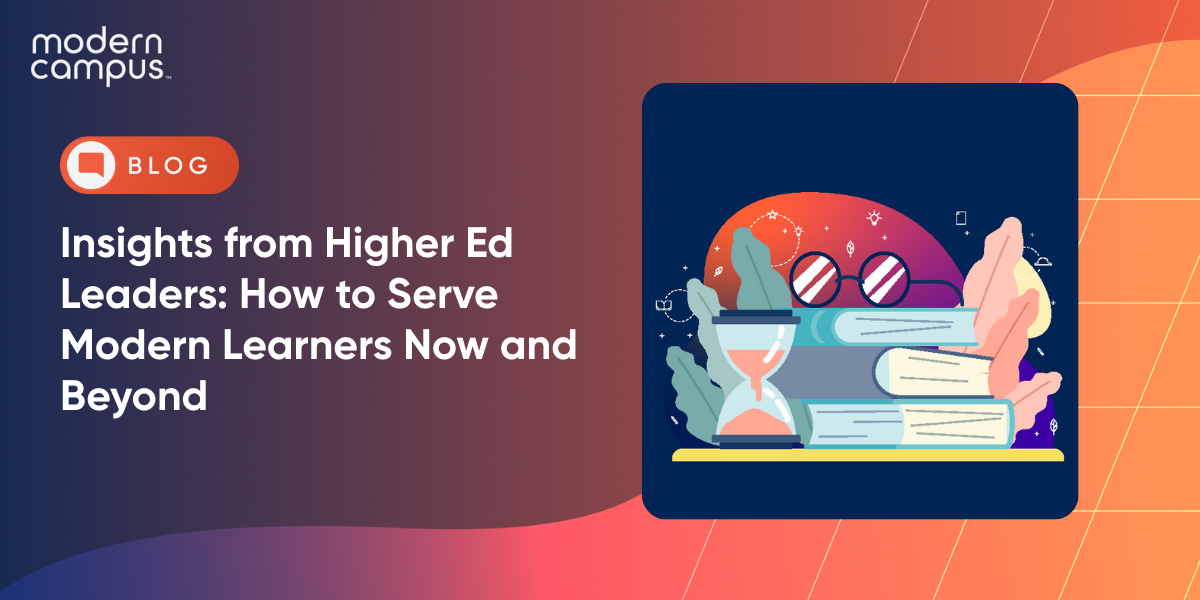How Local Schools Act Global: What Higher Ed Is Doing Around the World to Improve Student Outcomes
A college or university is more than what happens within its walls. Considering what a school does beyond what is expected, how it impacts the community that built it and the world that it aspires to change is a challenging yet critical task. Managing that challenge while running a school is a balancing act, but one that can lead to better student outcomes and a better world.
On this week episode of the Illumination podcast, EvoLLLution Editor-in-Chief Amrit Ahluwalia chats with Angie Kamath, Dean of the New York University School of Professional Studies. The two discuss the obstacles leaders of continuing education face and how schools can make a significant social impact—locally and globally.
Obstacles and change often go hand in hand and Institutions must adapt to make an impact.
“The notion of chasing labor market trends versus working with employers that are hiring and have needs, that is an obstacle,” Kamath says. “We talk about this all the time: how do we compete with Google launching a hundred million dollar fund in continuing ed? How do we position ourselves?”
The answer lies not in competition but in joining forces and combining ideas. More and more, corporations aren’t requiring college degrees for entry level positions, which can be both a way to build a young employee base and way for workers to get their foot in the door.
Training programs for HR managers, in which they’re taught how to focus on the right areas of experience among potential employees, is just one way that Kamath says this sort of mindset shift can take place.
It’s important to be careful, however, when taking on this kind of shift. Prioritizing one area over another is not what a “social mission” is meant to do, but it is something that can happen by proxy.
“You really have to prioritize what you’re looking for and what you have as your primary goals,” Kamath says. “Is it outreach to different communities? Is it financial? Broadening your range of sectors and industries that you’re relevant to? I think the responses are going to be quite different.”
Such different responses, depending on who is asked, could include outreaching to upskilling historically marginalized students. NYU’s SPS recently joined OneTen, a coalition of corporate leaders and their companies committed to hiring, upskilling and advancing one million Black Americans into sustainable jobs over the next decade.
The school is also launching the Afghan Crisis Scholarship this Fall. The NYU SPS Center for Global Affairs is offering a one-time, single full tuition scholarship for a two-year program in Global Affairs, Global Security, Conflict and Cyber. The scholarship is open to an Afghan evacuee who had their studies in international relations halted by the Taliban. Applications for the scholarship are open to learners who have been or expect to be denied opportunities for advanced study due to their gender, marital status, ethnic identify or religion.
Kamath says both causes resonate with her personally. She is a first-generation American, both parents having immigrated from India, and she worked from a young age to better prepare herself for the future and ensure her financially stability.
“I remember my first job when I was 10 years old. It was a paper route that my dad made me get,” Kamath says. “He insisted that I invest my earnings in the stock market, so I was reading the barons and picking the stocks in dividend reinvestment programs at the age of 10.”
Kamath adds that causes that extend around the country and world, such as OneTen and the Afghan Crisis Scholarship, are crucial for amplifying marginalized voices. These learners need to be breaking into the “mainstream” of education and the workforce, and that is where she chooses to focus her career.
People need to believe in something personal, Kamath says. And this is to her.
As for smaller scale causes, workforce development is one of the areas that NYU SPS specializes in.
“The best employer partners that I’ve worked with have been the most honest. They’ve been really clear, which is important because employers don’t even know the skills that they need,” Kamath says. “The notion of the future of work is ephemeral; it is not always clear. You’re forced to make hiring decisions based on imperfect information.”
Kamath also issues a word of caution to leaders in similar positions as herself.
“Be really careful about putting too much weight on a new program,” she says. “Thinking that it’s going to be the cash cow that brings in too much weight to the institution.”
It’s great to say that you’ve got the latest, most cutting-edge program, but there is a real possibility that the private sector can compete with higher ed and continuing ed in terms of training now.
Finding ways to adapt and partner with institutions is not a hindrance but a ladder that elevates both corporations and schools. By sharing resources, energy, and experiences, students come out on top.
Listen to This Episode
Listen on Apple Podcasts Listen on SpotifyRSS Feed
Last updated: March 18, 2022


